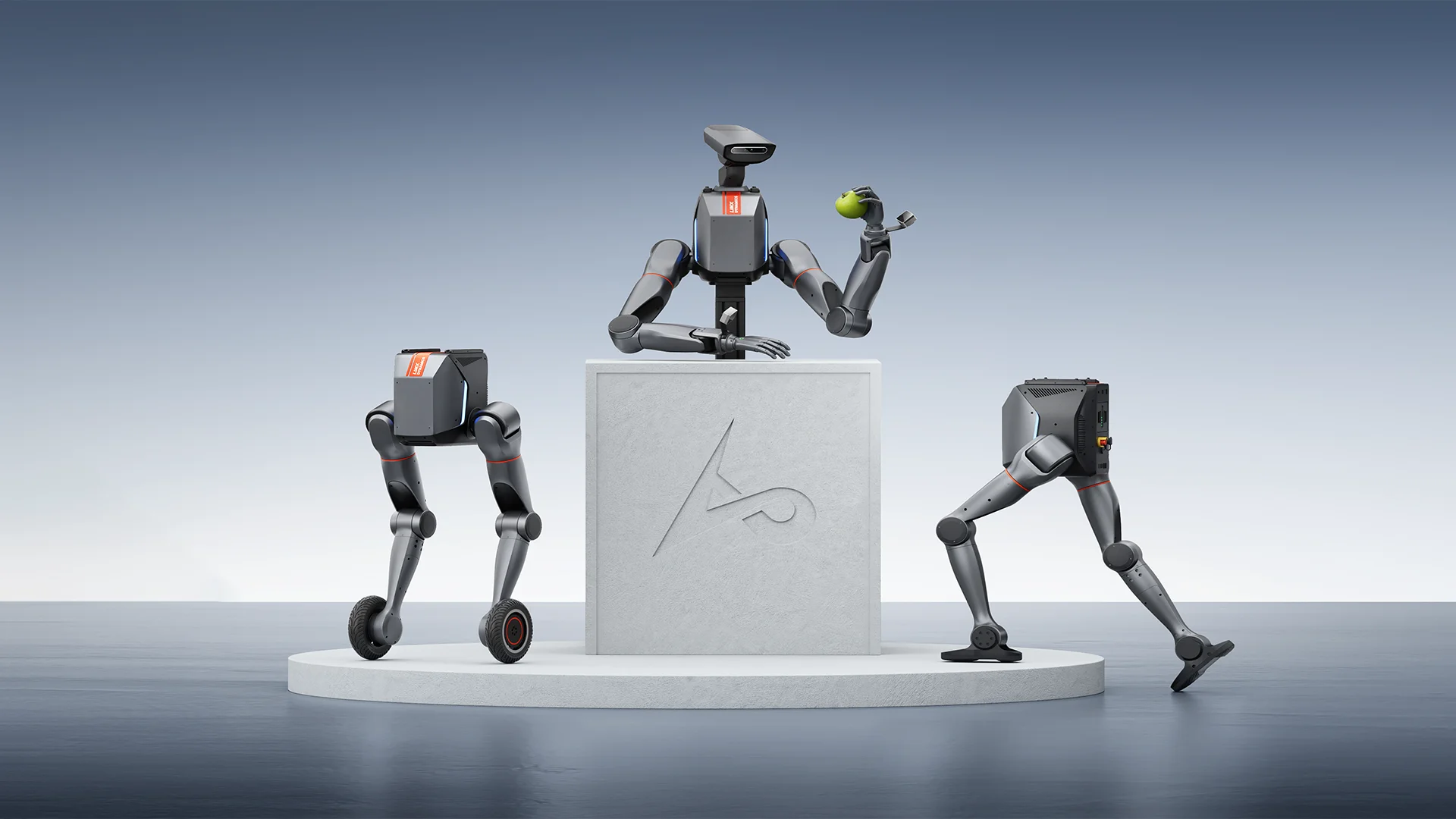Brain-computer interface (BCI) technology research has made tremendous progress in recent years, with the opening new frontiers for the treatment of neurological diseases and improving the quality of life of people with severe physical disabilities.
An incredible application of this technology has recently emerged from the work done by the company Synchron. The company announced on 16 September that a 64-year-old man with ALS (Amyotrophic Lateral Sclerosis) has been able to control Alexa and smart devices using only his thoughts.
This innovation not only represents a technological advance, but also offers new perspectives of autonomy and independence for millions of people with neurodegenerative diseases.
The brain-computer interface
The heart of this innovation lies in the use of a BCI implant, a technology that allows the human brain to connect to external devices through neural signals. In this case, a small device was inserted into the jugular vein of a patient with SLA.
This implant is located near the area of the brain that controls movement, and it can pick up signals when the individual tries to move his muscles, even if he cannot actually do so physically. These signals are then transmitted wirelessly to electronic devices such as tablets and voice assistants, allowing the user to control a range of functions by simply focusing on the devices.
In the case of the man who tested this technology, the results were extraordinary. Thanks to BCI, the man was able to interact with Alexa without using his voice or body. It can now stream TV programs, turn on lights, adjust the temperature, shop online, and even make video calls, all with the power of thought.
A return to a semblance of normality
SLA is a devastating disease that progressively damages motor neurons, causing progressive muscle weakness until total paralysis.
For those affected, daily activities become increasingly difficult and, over time, impossible. In the case of Mark, the man who tested this innovation, Alexa’s mind control allowed him to perform actions that were once unthinkable.
The possibility of interacting with electronic devices in his home has given him a semblance of normality and, more importantly, a new form of independence.
Thanks to this technology, he can now live more independently, make video calls with family and friends, listen to music, and adjust his smart home without any physical intervention.
Synchron’s BCI system was therefore a major breakthrough for improving the quality of life of people like Mark, who no longer had the ability to perform daily actions independently. In a world where SLA can progressively steal physical autonomy, thought becomes the last resort to maintain a connection with the outside world.
A new future for people with ALS and other conditions
This new technology has enormous potential not only for those suffering from SLA, but also for people with other neurodegenerative conditions or severe physical disabilities. Many patients with paralysis could benefit enormously from being able to interact with their environment simply by using thought. BCI technology also opens the possibility of more targeted care, increasing the independence of people suffering from debilitating diseases.
In the context of long-term care, the use of smart devices becomes particularly useful. Being able to control lights, locks, appliances and security systems with one thought can make your daily life much easier, reducing the need for physical assistance and increasing self-sufficiency.
The Grip on the smart home
The adoption of brain-computer technology in smart home management is a radical change. In the past, the use of domotics was linked to interaction through voice commands or manual actions. Now, with the brain-computer interface, control of intelligent devices such as lights, security cameras, door locks and thermostats no longer depends on voice or hands. This can be a radical transformation, especially for those with motor difficulties or those suffering from progressive diseases such as SLA.
Mark said in an interview: “Being able to manage important aspects of my environment and control access to entertainment gives me back the independence I am losing.” These words highlight the importance of this technology not only in terms of functionality, but also as a means to restore dignity and quality of life. It is not only a matter of comfort, but also an opportunity for people with disabilities to regain control that often seems to be lost due to disabling diseases.
A minimal BCI implant: a simple surgery
The process for implanting Synchron’s BCI technology has been designed to be as least invasive as possible. A small surgical procedure allows the device to be placed inside the jugular vein, where it will be able to collect neural signals without the need for large incisions. This minimally invasive approach reduces the risk of complications and is easily accessible to a wide range of patients.
The implant collects signals from the part of the brain that controls movement and transmits them to wireless devices. Once implanted, the system is designed to operate continuously and without the need for frequent intervention. This is crucial to ensure that people can enjoy the new independence without interruption.
The implications of technology: a new horizon for health and smart homes
This innovation is not just about SLA or other neurological diseases. The fusion of medical technology and digital assistants like Alexa can significantly improve many people’s home life, regardless of their physical condition.
Tom Oxley, CEO of Synchron, said their technology sends signals from the brain to everyday devices, enabling users to interact with their environment in new and easier ways.
The ability to interact with home devices without moving hands or talking is an important step forward. Not only to improve the self-sufficiency of those with motor disabilities, but also to make homes more “intelligent” and responsive to the needs of their inhabitants. It is a step that could mark the beginning of a new era in which technology can restore dignity and autonomy to those who have lost the ability to move.
Synergy between technology and humanity: the future of neurotechnology
This development is not an isolated case. Other actors, such as Elon Musk’s Neuralink, are engaged in similar projects, aiming to develop brain implants that can improve the lives of people with paralysis or other neurological conditions.
Neuralink, for example, recently helped a man control a computer using only thought, and in July revealed that another patient was able to play video games using a brain chip.
These innovations suggest that the future of brain-computer technology is rich in possibilities. The combination of artificial intelligence, neurotechnology and smart devices like Alexa could radically transform healthcare and the daily lives of millions of people around the world.
Conclusions: A future of greater independence and freedom
The ability to control Alexa and other smart devices with just thought is an amazing example of how technology can improve the lives of people with disabilities. Thanks to innovative research and the use of BCI implants, people with ALS and other debilitating diseases now have an additional opportunity to regain some independence and freedom.
Although this is only a first step, the future looks promising, with new discoveries and innovations that can radically change the lives of those suffering from neurological diseases.
If these technologies continue to evolve, it is possible that in the future people with disabilities will not only improve their quality of life but also regain control over their lives in ways that previously seemed unthinkable. Brain-computer technology is not just a promise for the future, but a reality that, day after day, improves people’s lives.






